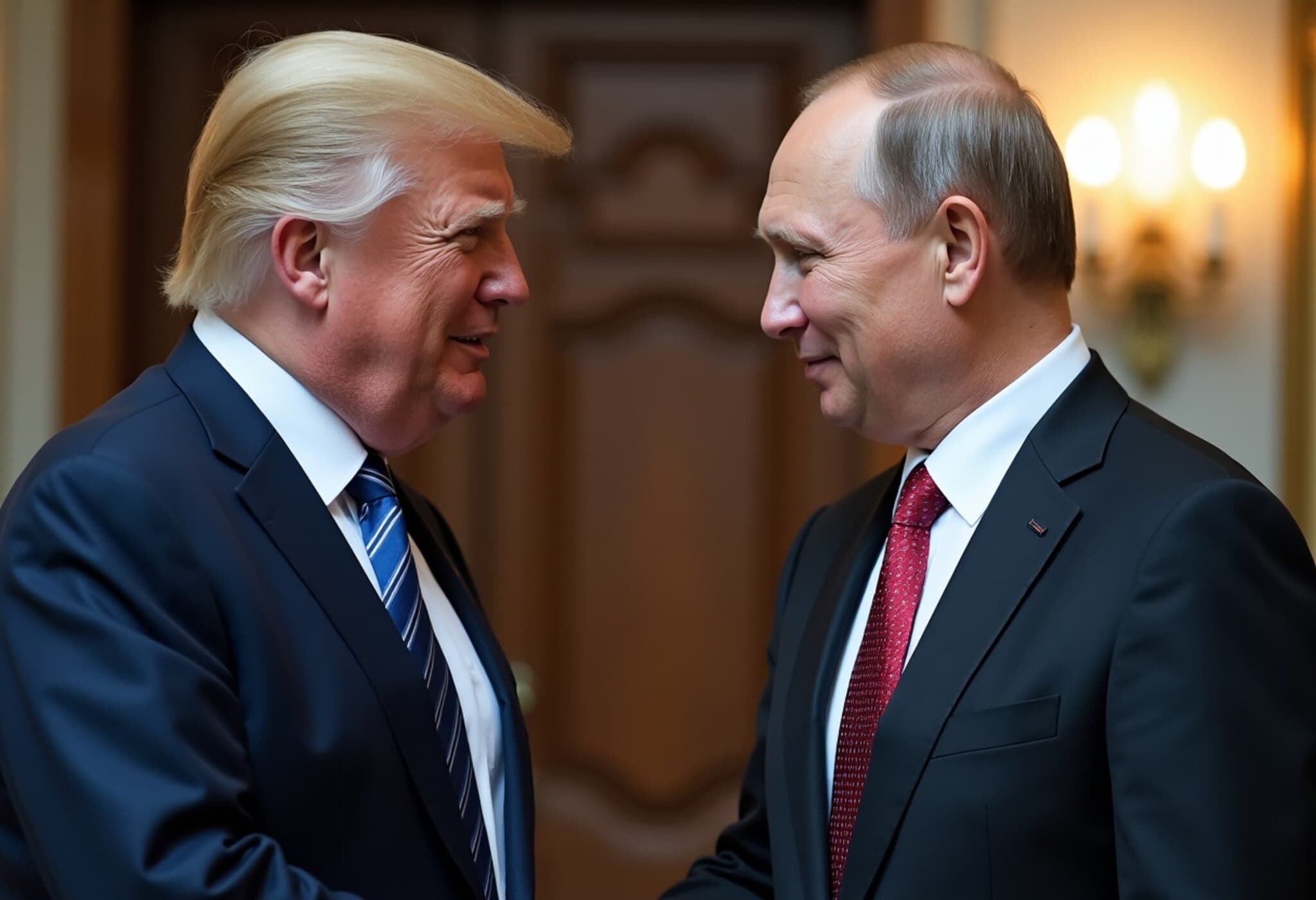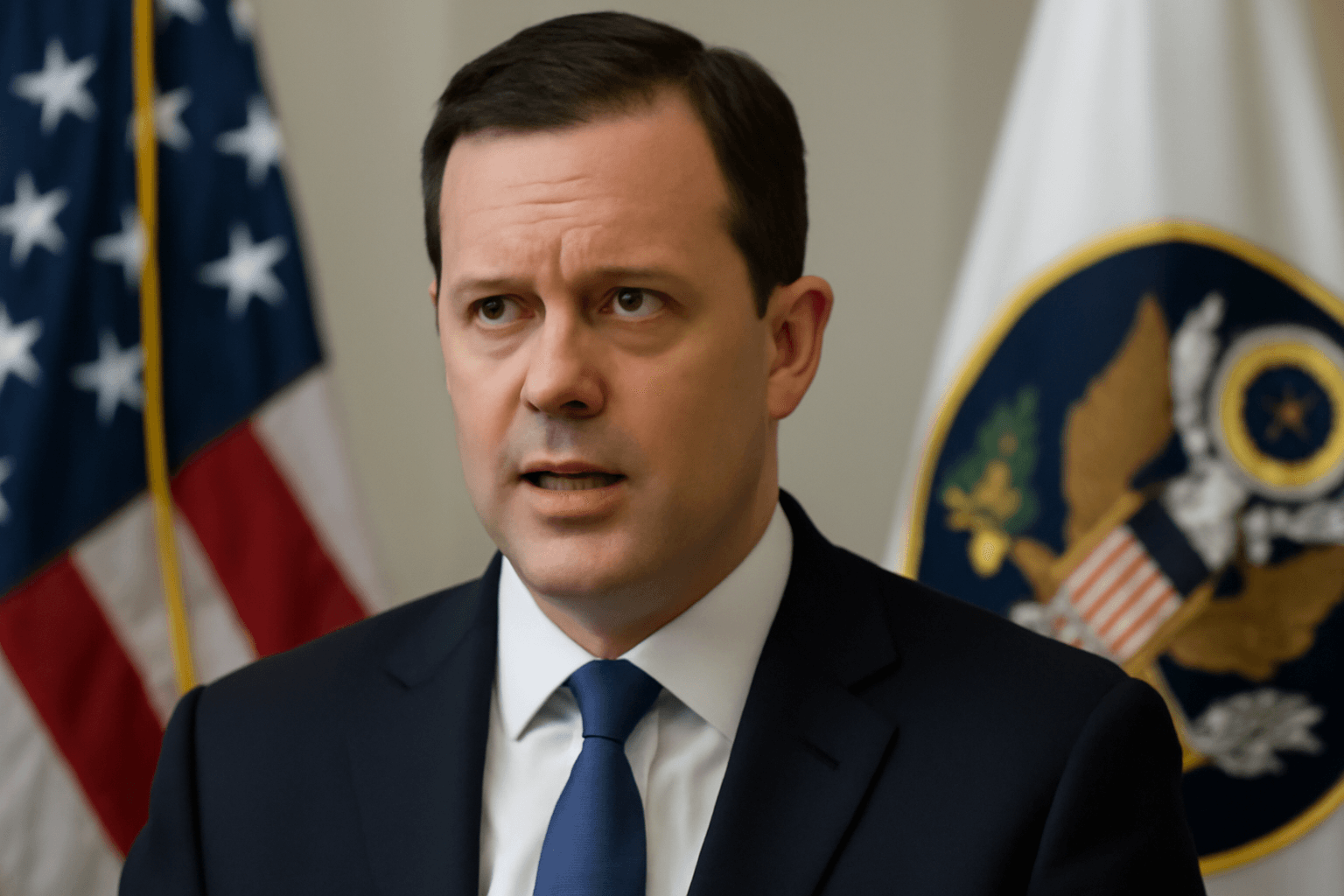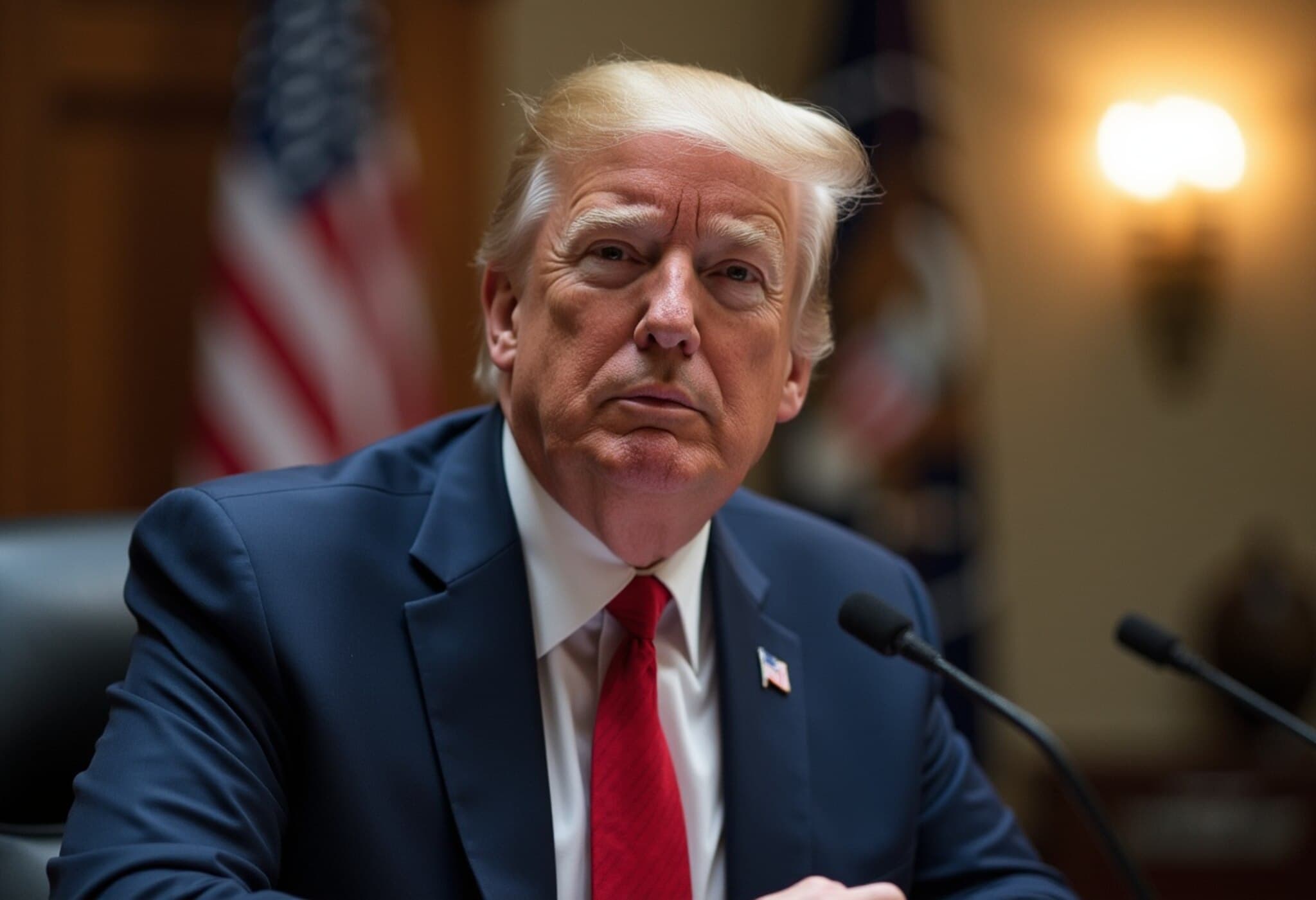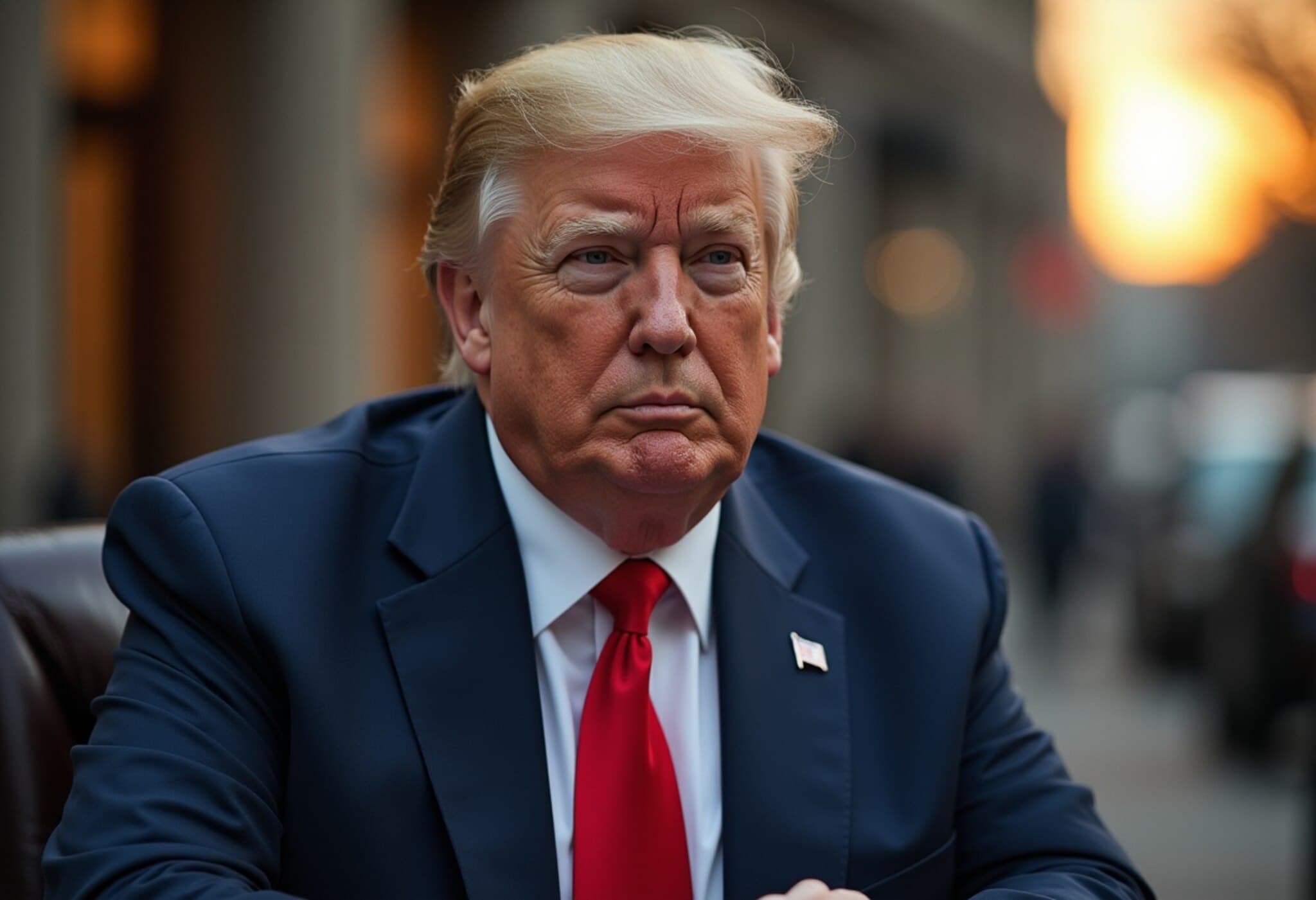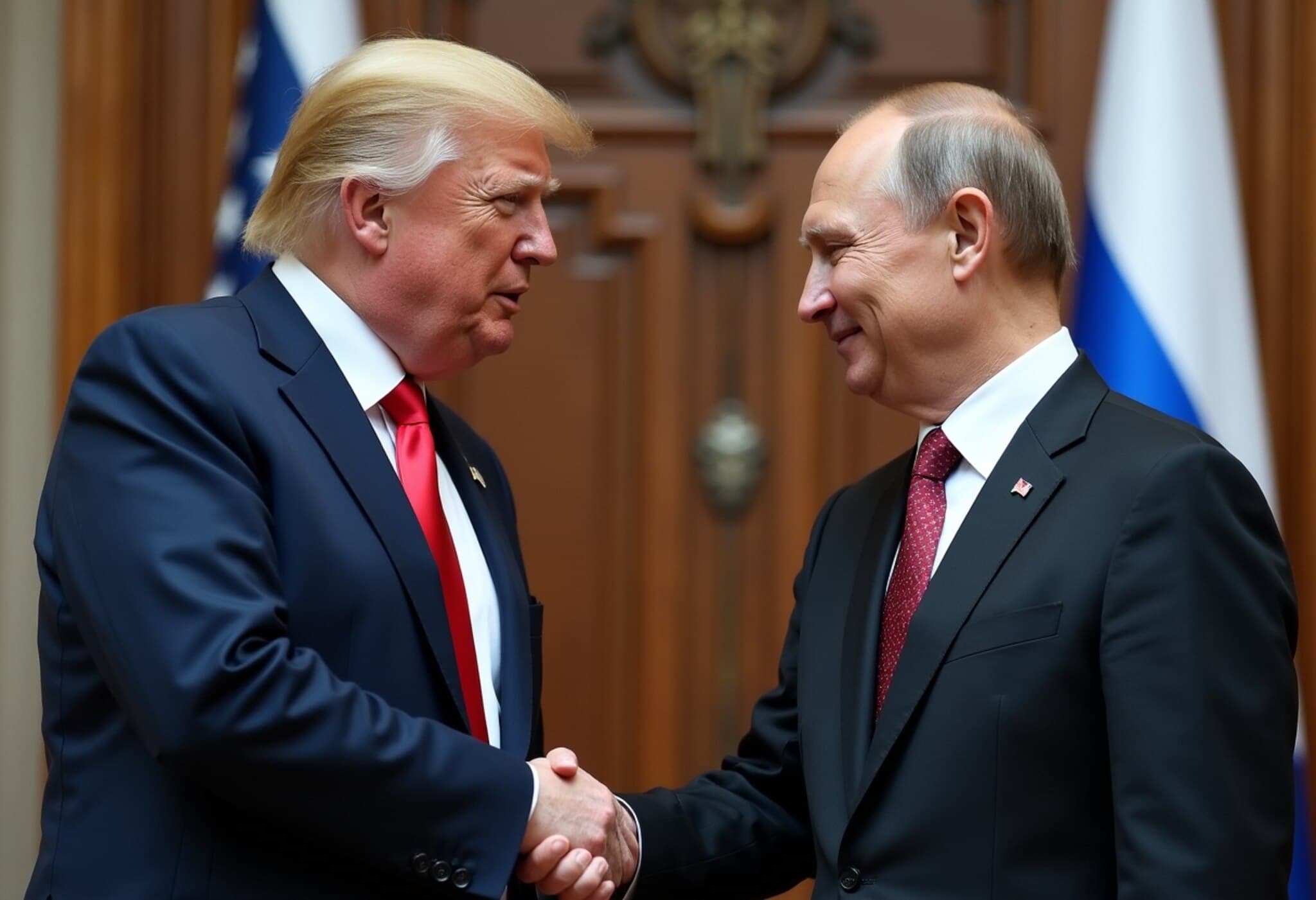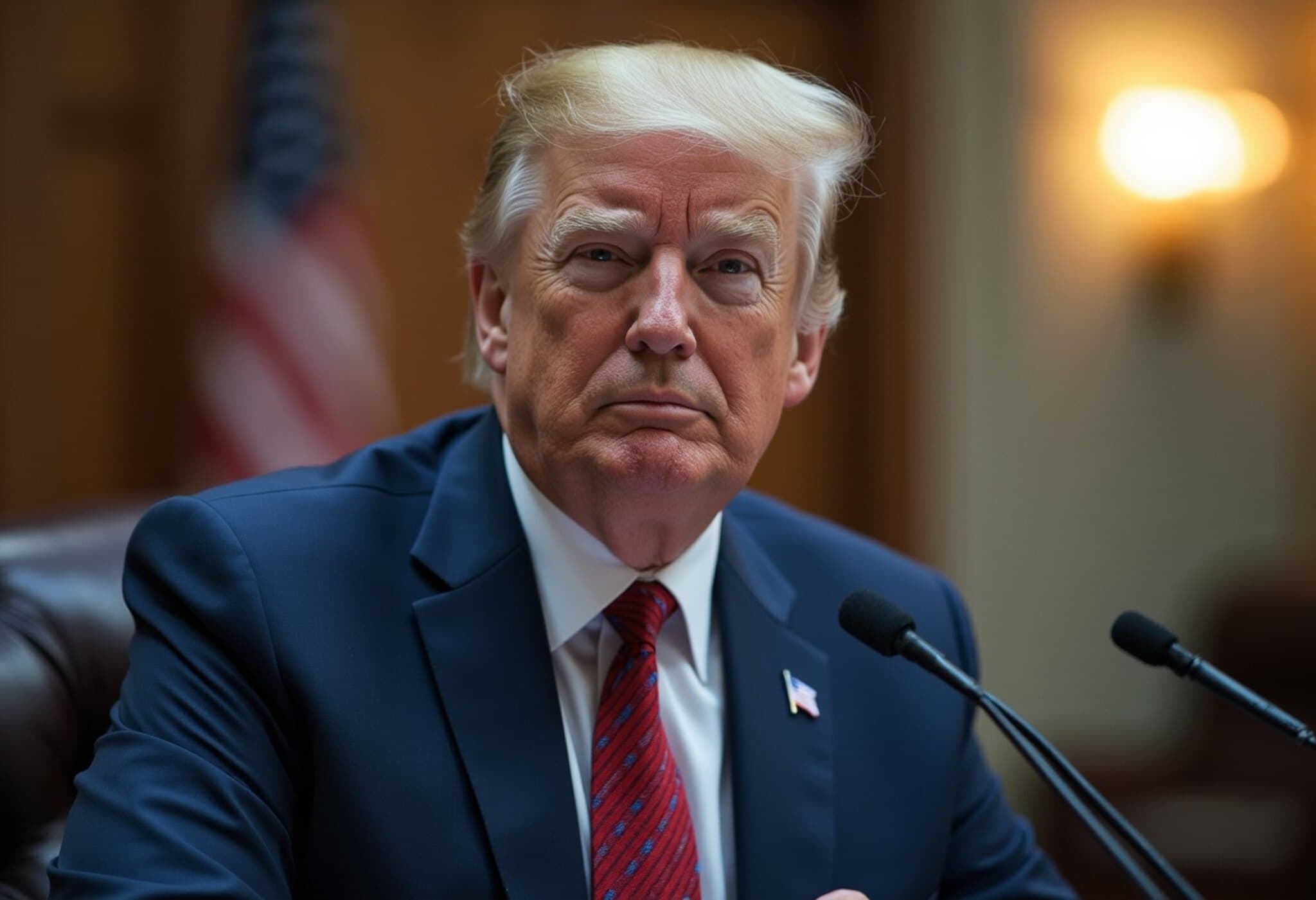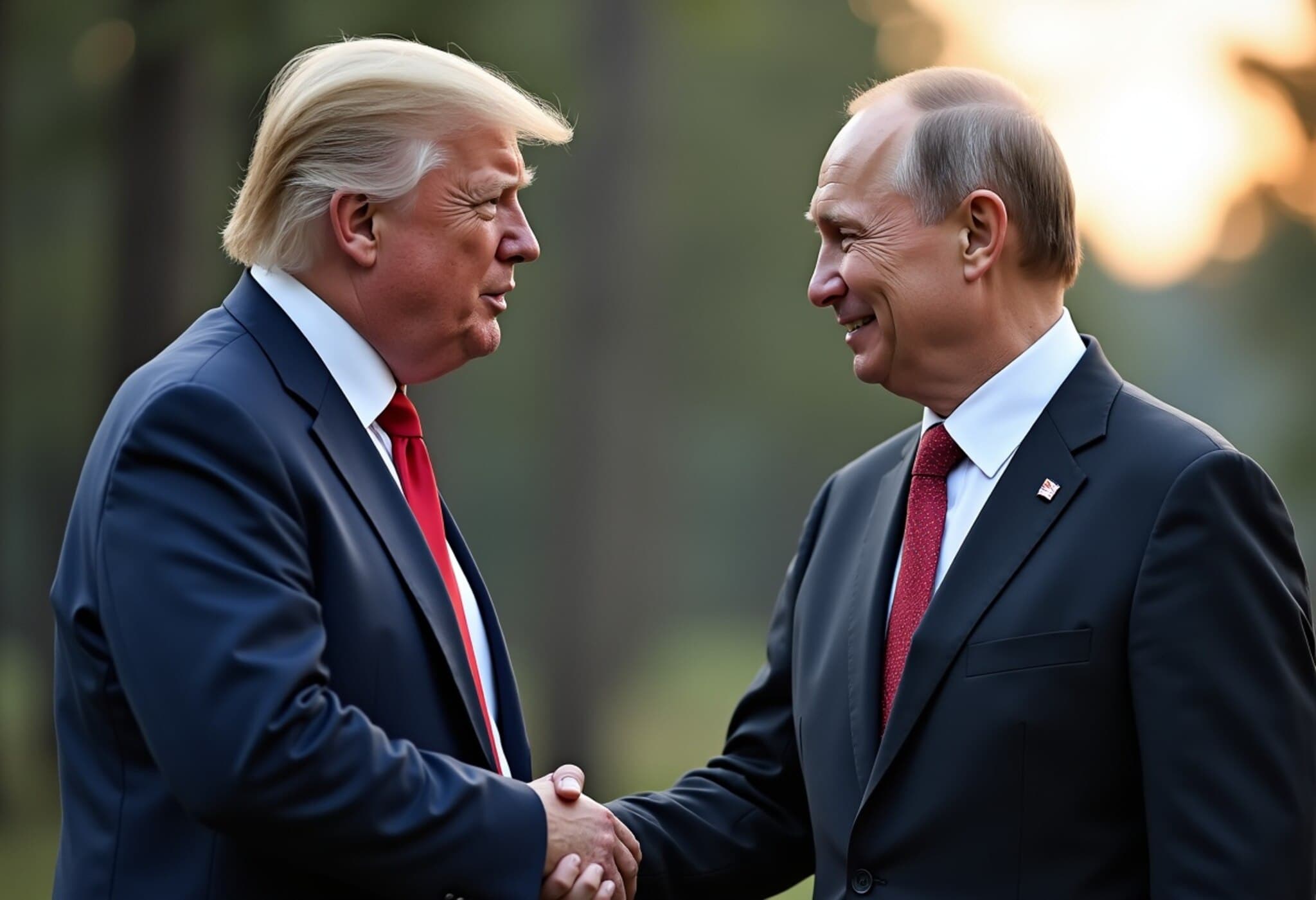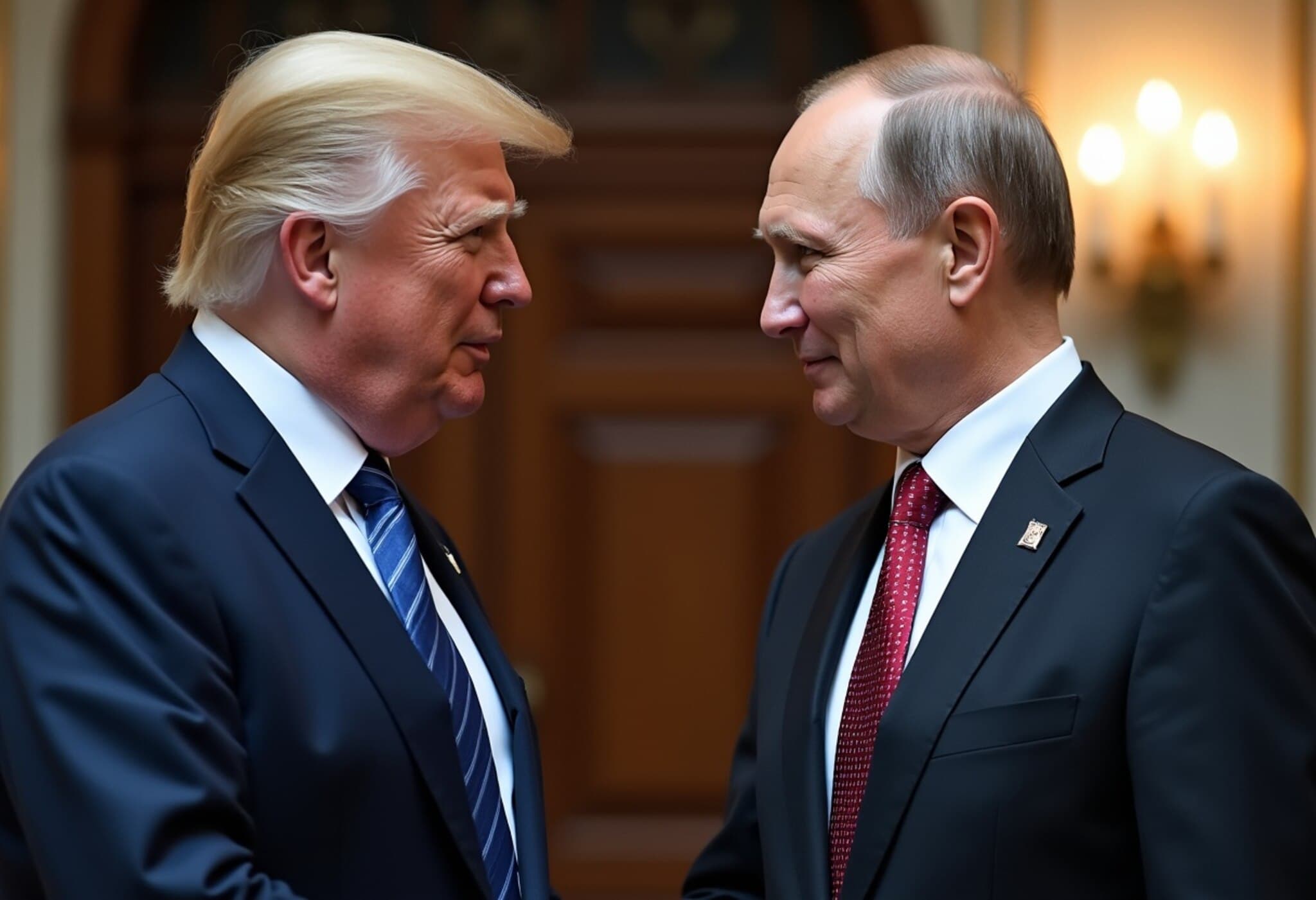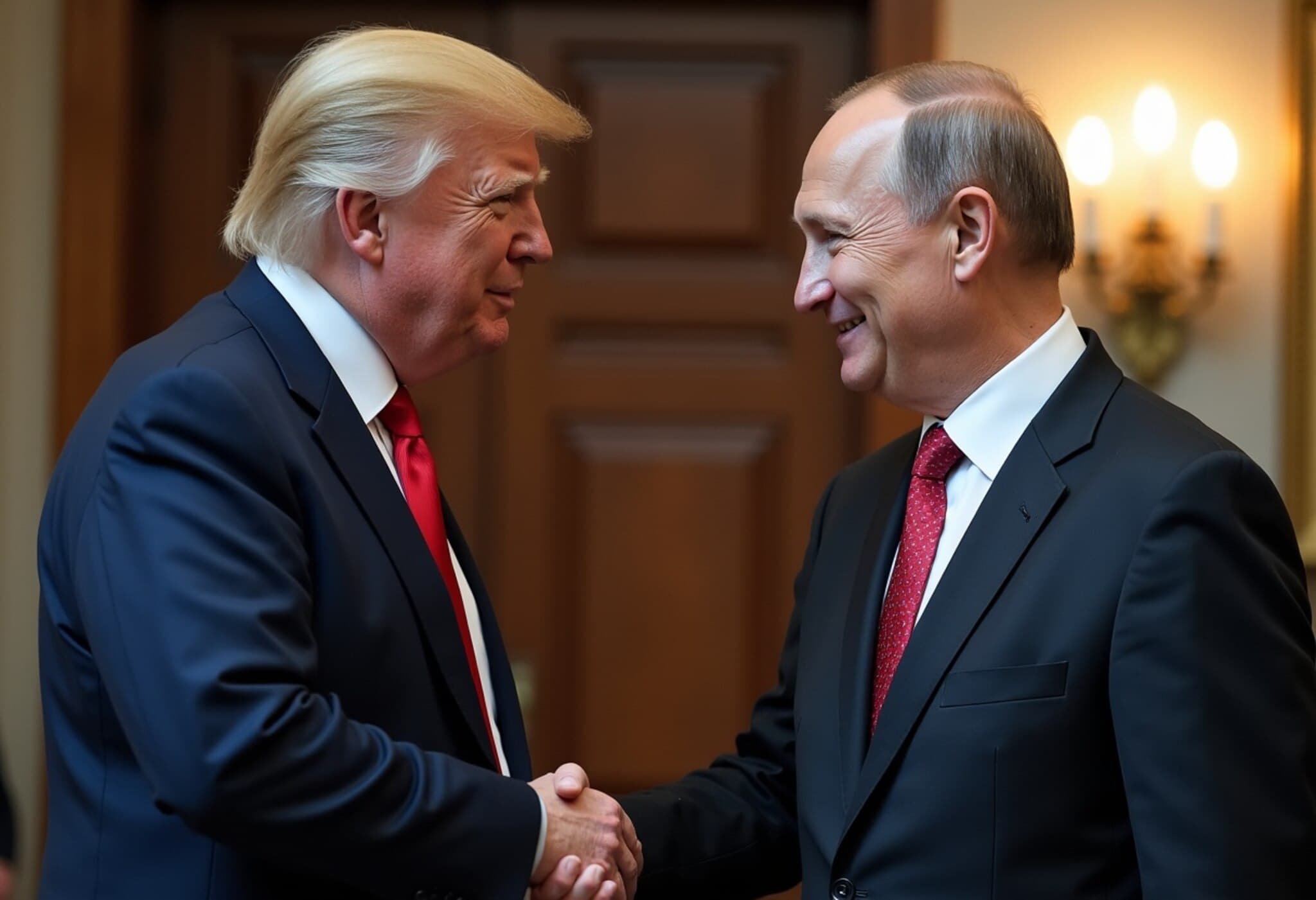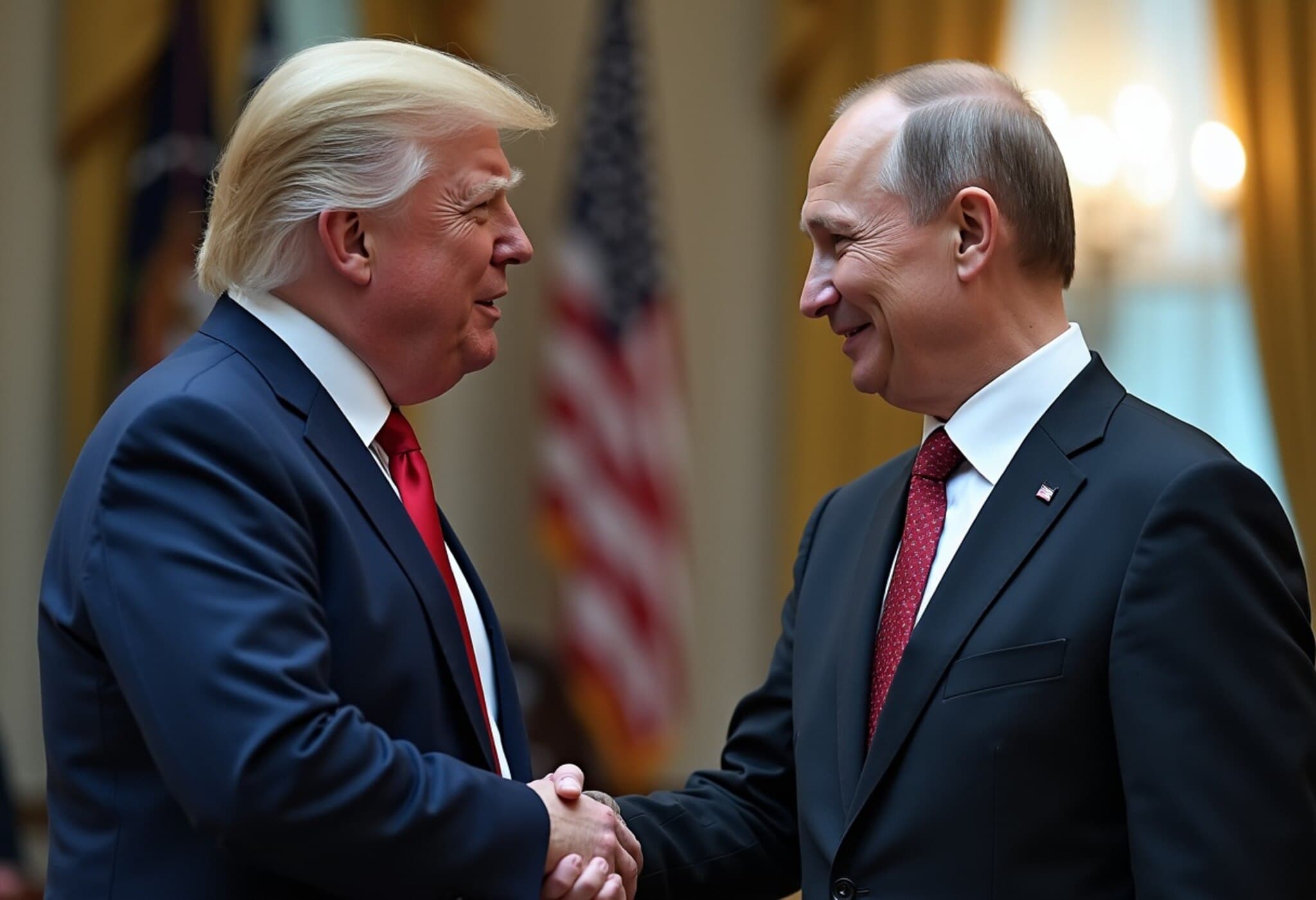Majority of Americans Skeptical About Trump’s Ability to Navigate Ukraine Crisis
As diplomatic hopes turn toward Alaska for potential talks between former US President Donald Trump and Russian President Vladimir Putin, a new Pew Research Center poll reveals a striking skepticism among the American public. Over 60% of respondents expressed doubt — ranging from “not too confident” to “not at all confident” — in Trump’s ability to make wise decisions regarding the escalating Russia-Ukraine war. This widespread uncertainty casts a shadow over the anticipated high-level discussions expected to address the conflict.
Partisan Perspectives and Declining Trust Among Republicans
The August 2025 survey underscores a pronounced partisan divide. Democrats showed markedly less confidence in Trump’s judgment compared to Republicans. Yet significantly, even within the GOP, confidence is waning: only 73% of Republicans said they had at least some trust in Trump’s handling of the Ukraine situation, a notable drop from 81% in July 2024. This decline indicates growing unease among conservatives about the former president’s approach amid one of the most complex foreign policy challenges of the decade.
The White House’s Cautious Messaging on Alaska Talks
Despite heightened media attention, the Biden administration has tempered expectations for the looming Trump-Putin meeting. White House Press Secretary Karoline Leavitt described the encounter primarily as a "listening exercise," implying limited direct impact on policy outcomes. Trump himself characterized the discussions as a "feel-out" opportunity but did not shy from warning Moscow of "very serious consequences" should Russia continue its aggression in Ukraine. This dual tone—between dialogue and deterrence—reflects the delicate balancing act in managing public optimism and geopolitical realities.
Public Opinion on US Role in Ukraine War Shifting Substantially
Another revealing aspect of the survey shows Americans divided over whether the US bears responsibility to support Ukraine’s defense. While Democrats largely advocate for continued assistance, overall public opinion demonstrates a notable shift: less than one in three Americans now perceive the Ukraine conflict as a significant threat to US interests. This represents a departure from 2022, when Russia’s full-scale invasion ignited broad concerns about European security and American global leadership.
Expert Insight: What’s at Stake in Trump-Putin Dialogue?
- Trump’s Deal-Making Claims: The former president has frequently cited his negotiation skills, pledging to resolve the war swiftly—even within 24 hours. However, these promises have yet to translate into tangible progress, especially as his previous communications with Ukrainian President Zelensky appeared to pressure a compromise.
- Putin’s Calculated Strategy: Russian leadership aims to consolidate territorial gains in Ukraine, having shifted from initial rapid conquest ambitions to a more gradual approach bolstered by recent battlefield advances.
- Concerns Among Western Allies: European leaders remain wary of Trump’s longstanding admiration for Putin and the potential for him to be personally influenced during one-on-one negotiations—a factor that could complicate existing diplomatic frameworks.
- Economic Interests in the Balance: Trump's expressed interest in potential business opportunities in Russia introduces an additional layer of complexity, especially against the backdrop of ongoing Western sanctions.
Looking Ahead: The Unanswered Questions
The unfolding Alaska talks represent more than just a meeting between two world leaders; they are a litmus test for America’s foreign policy coherence amid internal divisions. Can Trump’s involvement recalibrate US engagement in Eastern Europe, or will partisan skepticism and international apprehension overshadow efforts at peace? Moreover, as public opinion shifts, how will US policymakers reconcile domestic ambivalence with strategic imperatives?
Editor’s Note
This poll sheds light on the complex interplay between leadership credibility, public trust, and international conflict resolution in today’s geopolitics. While the US grapples with its role in the Ukraine war, citizens’ doubts about decision-makers like Trump reveal a broader challenge: maintaining unity and confidence in foreign policy amidst a fractured political landscape. As negotiations proceed, observers should watch not only the outcomes on paper but also the evolving narratives that shape public perception and diplomatic momentum.

